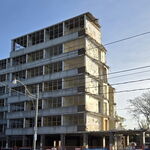What defines Canadian architecture? It is a difficult question, one that has plagued historians and contemporaries alike who have sought to identify unique styles born on Canadian soil. Confronting the elusive subject in her new book, Canadian Architecture: Evolving a Cultural Identity, author Leslie Jen attempts to provide a complete picture of contemporary Canadian architecture, but takes a slightly different approach than the norm.
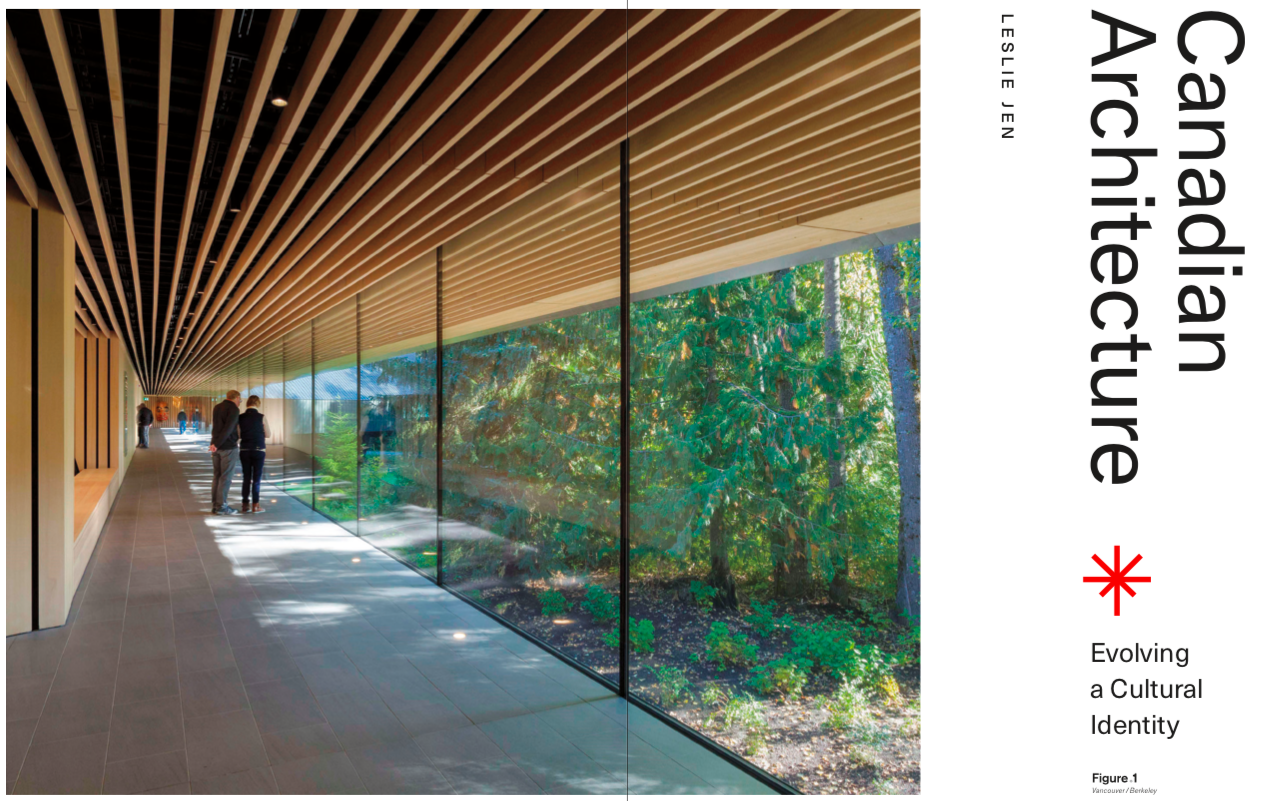 Inside cover, image via Canadian Architecture by Leslie Jen; Audain Art Museum in Whistler by Patkau Architects, photo by James Dow
Inside cover, image via Canadian Architecture by Leslie Jen; Audain Art Museum in Whistler by Patkau Architects, photo by James Dow
Canadian architecture, she argues, largely responds to its context, whether it be climate, geography, or culture, and so requires a regional approach, both in theory and in practice. With that in mind, the book is organized not by building, but rather by their builders. Jen has compiled a collection of 33 of the leading architectural firms across the country that represents a cross-section of contemporary Canadian architecture, highlighting two notable projects from each. All firms profiled have a roster of awards to back up their accomplishments, and all are still currently practicing architecture.
What binds together the diverse collection of architects and buildings in the book is the profound impact that the projects have had on the everyday life of Canadians. Whether it be providing housing, a sense of community, a place to congregate or celebrate, or a place to receive care, each building and their respective designers has had a significant impact on the built environment that defines so much of our daily lives. It is through this lens that Jen captures a current snapshot of architecture in Canada.
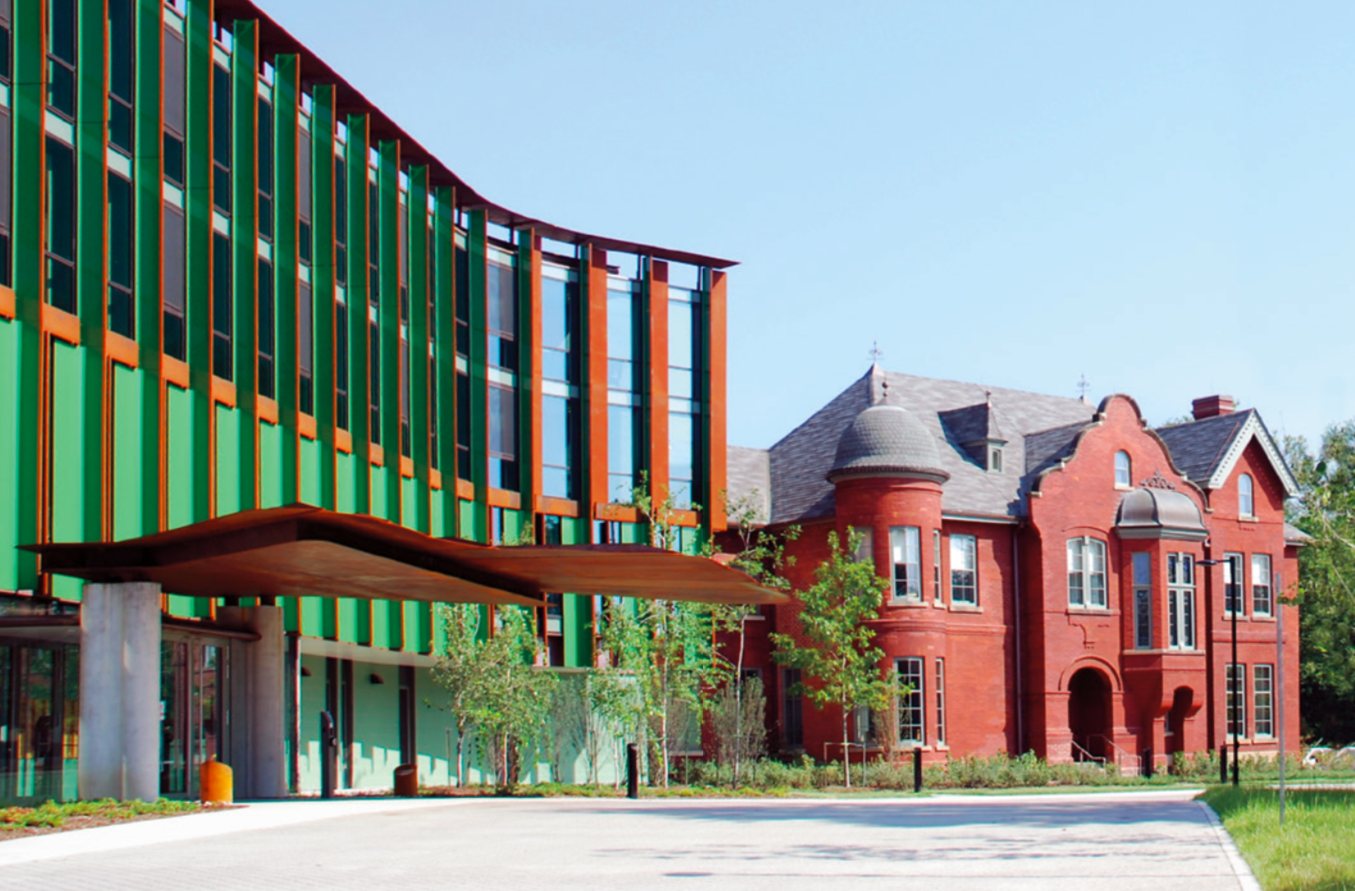 Photo of the Residence for the Sisters of St Joseph in Toronto by Shim-Sutcliffe Architects, image courtesy of the Sisters of St Joseph
Photo of the Residence for the Sisters of St Joseph in Toronto by Shim-Sutcliffe Architects, image courtesy of the Sisters of St Joseph
Weaving through each of the firm profiles are three themes that tie them together based on current trends and issues facing the architectural profession in Canada today. The first is urban growth, highlighting the high-rise condo boom that has swept across the country over the past couple decades, and the necessary infrastructure and public realm design needed to accommodate an increasing urban population. The second focuses on health and aging, where the design for well-being takes centre-stage in both institutional and residential construction in the face of a global pandemic and an aging population. The third theme highlights ecological challenges, and how climate change and global warming have warranted a concerted effort to respond to these crises through the design of our built environment.
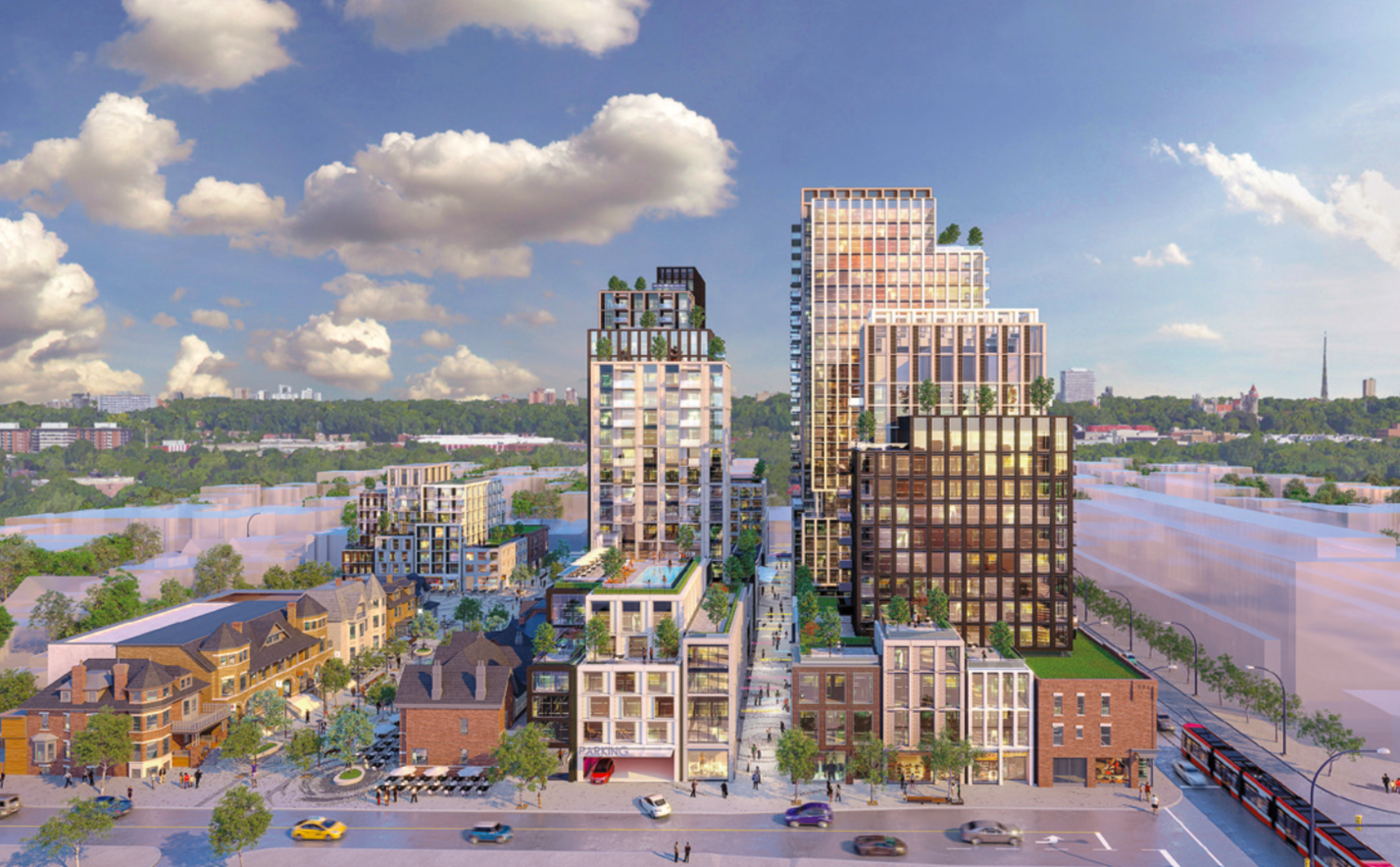 Rendering of Mirvish Village in Toronto by Henriquez Partners Architects and Diamond Schmitt Architects, image courtesy of Henriquez Partners Architects
Rendering of Mirvish Village in Toronto by Henriquez Partners Architects and Diamond Schmitt Architects, image courtesy of Henriquez Partners Architects
The list of firms contained in the book includes well-established household names in Canadian architecture, like Patkau Architects in Vancouver, Diamond Schmitt Architects and KPMB Architects in Toronto, and MacKay-Lyons Sweetapple Architects in Halifax. Also included are up-and-coming firms that are relatively new to the scene but which have nonetheless garnered well-deserved recognition, including Atelier TAG and KANVA in Montreal, 5468796 Architecture in Winnipeg, gh3* in Toronto, and Acre Architects in Saint John, New Brunswick. And of course, many familiar Toronto firms are featured—a total of 17 to be exact—including many that appear regularly on UrbanToronto.
There is a wide range in projects and specialties spotlighted as well, everything from private homes to high-rise towers, community centres, libraries, museums, and more. There is also a wide variation of companies, ranging in size from small-scale studios like Shim-Sutcliffe Architects, Ian MacDonald Architect, and Williamson Williamson, to larger companies like Lemay, Moriyama + Teshima Architects, and Montgomery Sisam Architects. Nearly every aspect of Canadian architecture is covered, big and small, public and private, all wrapped up in an elegantly-formatted hardcover book featuring plenty of eye-catching photos.
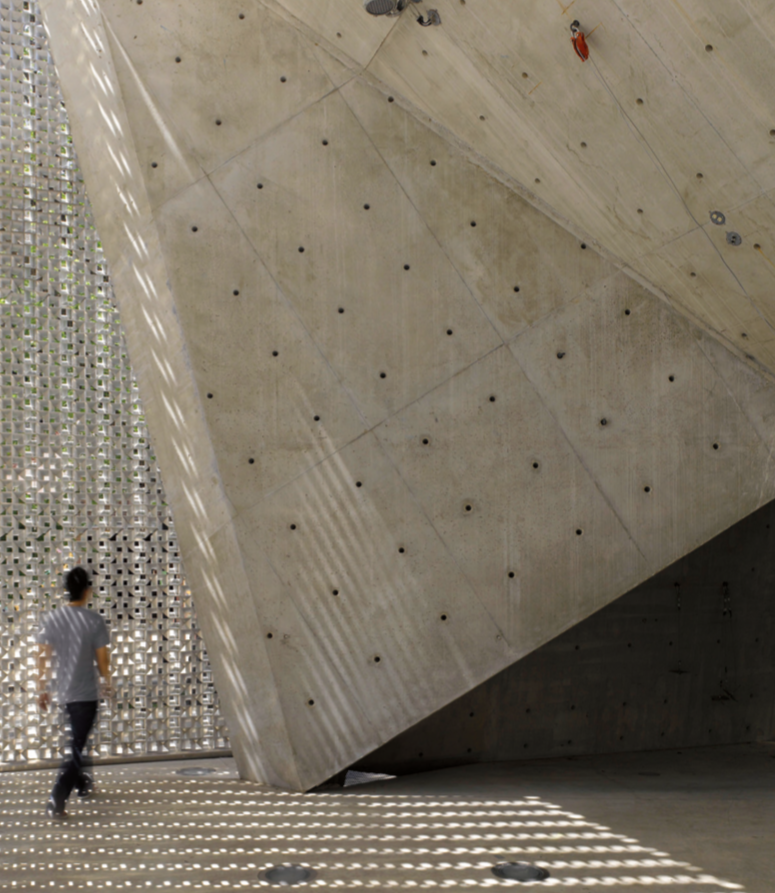 Photo of OMS Stage in Winnipeg by 5468796 Architecture, image by Jame Brittain
Photo of OMS Stage in Winnipeg by 5468796 Architecture, image by Jame Brittain
Canadian Architecture: Evolving a Cultural Identity by Leslie Jen is published by Figure.1 Publishing and hits the shelves in September 2021, so be sure to preorder online or at your local book shop.
* * *
UrbanToronto has a new way you can track projects through the planning process on a daily basis. Sign up for a free trial of our New Development Insider here.

 5K
5K 




















